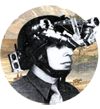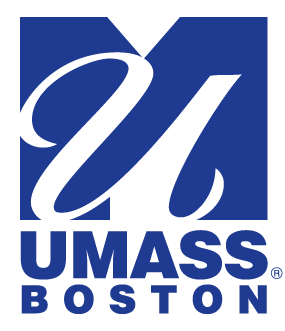Month 11: Final Workshops and Facility Recommendations
Categories:
In May/June, I offered several training workshops, likely the last round of dedicated sessions as my year of VISTA service comes to a close. The remainder of my year will be devoted to compiling the training materials I've written, and writing the manuals I haven't had time to compose yet.
Of the three video production workshops I led, one was an interactive session with students from the READY School in Champaign, IL. After an initial tour of our facilities and those of Urbana Public Television, the students checked out free camcorders and videotaped a day at their school, with interviews and shots of classrooms, art, bulletin boards, and the building itself. Our training session covered the fundamentals of cutting, arranging, and editing scenes, using Adobe Premiere Pro. The students, whose school year is finished, now have two local resources for continued learning where they can finish this and other films if they would like.
Many of the training sessions were about A/V data backup, transfer, and duplication, as members of the IMC get ready to work more independently after I have finished my service. Beyond these and other basic recording and editing tips, two of the audio workshops addressed key issues for citizen journalists - 1) posting to the web and 2) understanding the principles of digital audio and their application. Finally, I have been working with our community radio station WRFU, to ensure that members are knowledgeable about making PSAs, news stories, and updating their Drupal site. In the last month, I will compile and share these resources; for now, I have been revising the manuals as I go, and sharing with smaller working groups.
Though we often use commercial software like Premiere at the IMC, the only real expenses that any artists or journalists should ever have to face are time and hardware (cameras, mics, computers, a/v equipment, etc.). I encourage everyone I train to use and tell others about free and open source software (FOSS), and this month I continued my research into these tools. Specifically, FOSS operating systems can be installed (easily and for free) and used to keep older and slower computers running quickly and efficiently - especially important for organizations with small budgets. Operating systems I recommend are Ubuntu (which has many variants, including one with media production applications called Ubuntu Studio), Puppy Linux, Dyne:bolic, and Pure:dyne. There are others, but these systems have familiar desktop and window environments, can be expanded to include office productivity and media software, and some even run off of live CDs, so no installation is necessary. We received a donated laptop that was quite slow, running Windows 98 - now with the most recent version of Xubuntu, it is much faster and is available for IMC members to use for on-location recording, broadcast, and web publishing.
A critical component of documentation is not just manuals or progress reports, but recommendations. The final aspect of capacity building requires communicating to your organization what they can do to grow after the absence of VISTA staff. At the IMC I am in the process of troubleshooting and listing improvements that could be made to the production facilities - via hardware that will need to be purchased, and software that is free. Luckily for us, we just hired some summer youth employees through the Champaign Consortium, and each individual has his/her own project to use as a learning experience and as a service to the IMC - adding to the continuity and capacity built so far with VISTAs.











